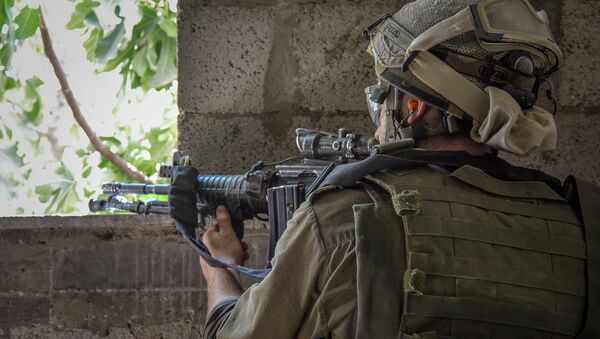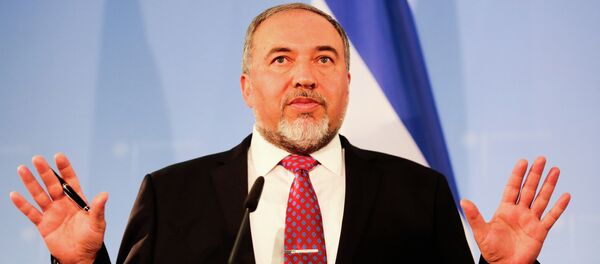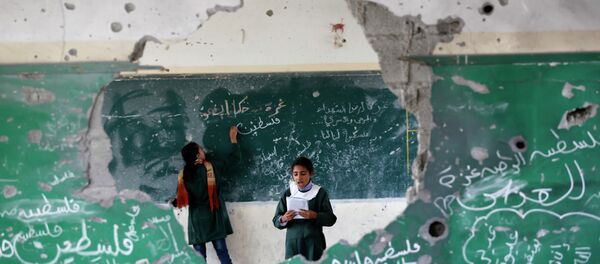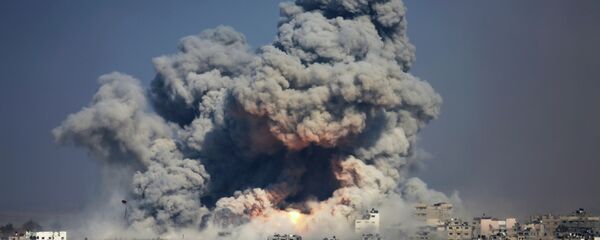The report was released by the Israeli human rights NGO Breaking the Silence, made up of active and reserve duty soldiers. The group’s mission is to shed light on the IDF’s war practices.
Titled "This is How we Fought in Gaza," the report paints an alarming picture of how the Israeli military’s lenient and permissive rules of engagement led to the senseless death of unarmed civilians and much of the carnage in the Gaza Strip, during the 50-day "Operation Protective Edge."
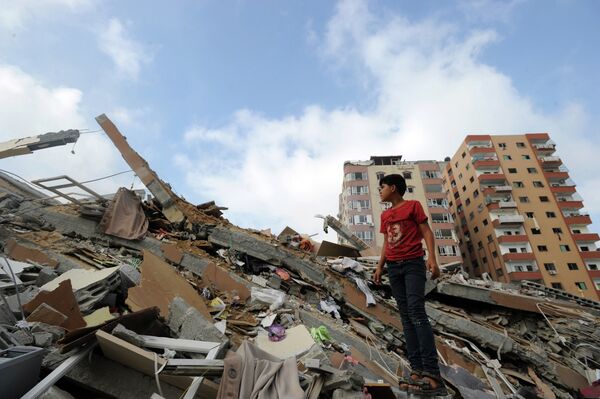
According to the report’s authors, testimonies were collected from over 60 anonymous enlisted men and officers, a quarter of whom "go all the way up to the rank of major." Testimonies were also taken from soldiers serving in various posts during the conflict, ranging from air to ground forces.
The report found that "the guiding military principle of 'minimum risk to our forces, even at the cost of harming innocent civilians' led to massive and unprecedented harm to the population and the civilian infrastructure in the Gaza Strip."
Exposed in the testimonies were the systematic failures of the Israeli military in minimizing civilian casualties and damage to the Strip’s infrastructure. There was no clear operational justification to much of the destruction, and soldiers said that most of it was simply to "demonstrate presence in the area," and not necessarily to target imminent threats.
Soldiers additionally reported randomly firing artillery at houses, mostly to avenge their fallen comrades.
"The motto guiding lots of people was, 'Let’s show them,'" reported a lieutenant stationed in Rafah. "It was evident that that was a starting point."
In even more disturbing testimonies, some reported that they targeted unarmed civilians simply because they were bored. A 21-year old tank gunner whose testimony was included in the report told the Washington Post that he was "ashamed" of how he targeted unarmed travelers on a main Gaza highway.
"War crime is a big word," he said. "I didn’t rape and kill anyone, but yeah, I shot at random civilian targets sometimes, just for fun, so yeah."
Soldiers said they were instructed by commanders to assume that anyone in site was a potential threat and should be targeted.
"If we don’t see someone waving a white flag, screaming, 'I give up' or something – then he’s a threat and there’s authorization to open fire," a first sergeant with the Mechanized Infantry in Gaza reported.
The IDF would drop leaflets in a territory prior to an attack, warning civilians to flee – a very difficult request to follow given Gaza’s geographic location and dense population. Israeli soldiers were then told that since no civilians were supposed to be left there, anyone in site can be targeted as a threat, regardless of whether or not they were armed.
"The idea was, if you spot something – shoot," a first sergeant deployed at the Northern Gaza Strip reported. "They told us: 'There aren’t supposed to be any civilians there. If you spot someone, shoot.' Whether it posed a threat or not wasn’t a question, and that makes sense to me."
"If you shoot someone in Gaza, it’s cool, no big deal."
The director of Breaking the Silence called for an independent investigation into the conflict, saying that the collected testimony reflects an "ethical failure…for the top of the chain of command."
For their part, the IDF has not responded to any of the allegations made in the report, citing the anonymity of the report’s sources, and saying the group has failed to present any compelling evidence to back up its allegations.
"This pattern of collecting evidence over an extended period of time and refusing to share it with the IDF in a manner which would allow a proper response, and if required, investigation, indicates that contrary to their claims this organization does not act with the intention of correcting any wrongdoings they allegedly uncovered."
Breaking the Silence is viewed by many in Israel as anti-military, and has been accused by Tel Aviv of harboring an "anti-government" agenda.
The Israeli government has also attempted to disrupt the group’s funding in the past. In 2009, after the group released a report that alleged the IDF had indiscriminately targeted civilians in the 2008-2009 Gaza conflict, Tel Aviv asked the Spanish government to halt its funding of Breaking the Silence.

